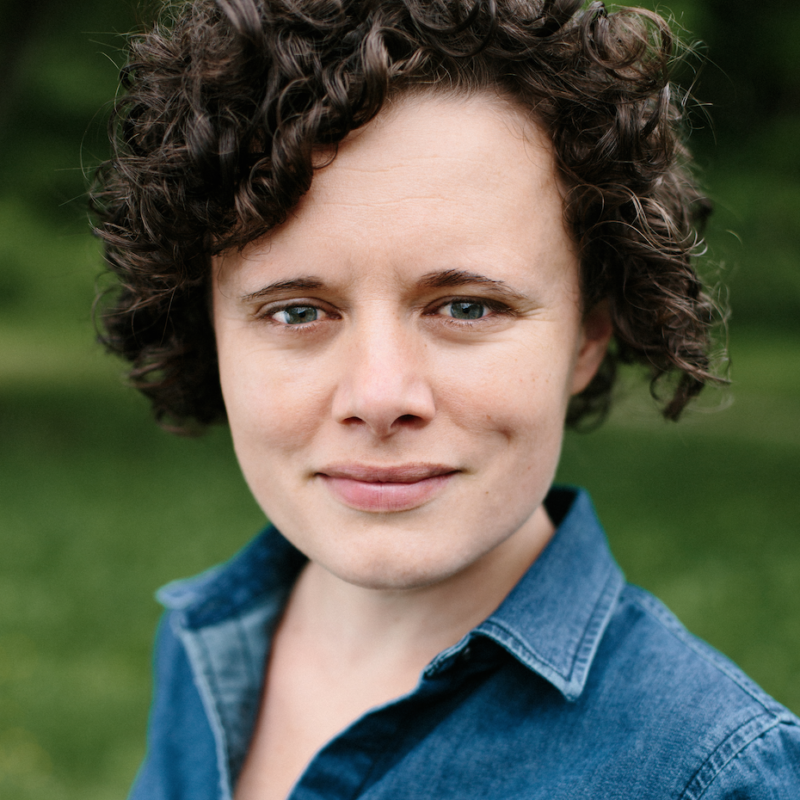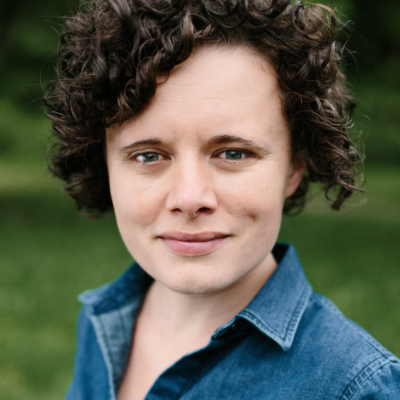Goodbye, summer
Monday is Memorial Day, the traditional start to summer, but this year, much of the city’s outdoor recreation space will be off limits. Last week, Charlottesville Parks & Recreation closed all city pools and spraygrounds for the summer, and canceled camps. In addition, other outdoor facilities, including basketball and tennis courts, picnic shelters, and the Sugar Hollow Reservoir, will remain shuttered until further notice. In Albemarle County, all swimming lakes will be closed, along with playgrounds and ball fields.
“Our decision at this point is based on public safety and health, and our staff and keeping our staff safe,” says Todd Brown, Charlottesville Parks & Rec’s interim director. Where parks are open, both the city and county will employ monitors to ensure visitors are social distancing.
Under Phase One of Governor Northam’s reopening plan, which began May 15, pools are allowed to open for lap swimming, and private facilities like ACAC and Fry’s Spring have done so. But city and county officials say the decision to keep public pools closed has to do with staffing.
“We don’t have a year-round staff for lifeguarding, and so it’s really difficult to recruit seasonal lifeguards when we don’t know when they would be able to start work,” says Emily Kilroy, the director of communications and public engagement for Albemarle County. Brown noted that the city did not start training lifeguards in March, as it usually does, and that carried weight in the decision.
“With things being delayed in terms of the different phases…that uncertainty, it goes against being able to plan on how to open and operate pools so that you’re keeping people safe,” says Brown.
Amy Smith, assistant director of the county’s Parks & Recreation department, says “park ambassadors” will be stationed at the county’s swimming lakes this summer, to make sure no children make their way into the water. But how to keep kids with no other options for cooling off away from other, unguarded bodies of water—like the Rivanna River—is less clear.
“We know that there is going to be a reaction to this action, and that could also cause negative impacts elsewhere,” says Brown. “And we are concerned about that, too.”
______________________
Quote of the Week
“I am hopeful that our students will be back in the classroom this fall.”
—Governor Ralph Northam, at a press conference on Monday. (So are we, Ralph. So are we.)
______________________
In brief
Sour grapes
Listening to the President these days, you’d think the pandemic is over. But don’t tell that to Charlottesville’s Trump Winery, which soft-opened this week behind a set of complicated social-distancing requirements. While Trump has famously declined to wear a mask in public, they’re mandatory for servers at his winery, and recommended for guests.
Budget bristles
City budget officials have their work cut out for them, as staff projects a $5.4 million loss in revenue this year. That’s made some in City Hall grumpy: This week, The Daily Progress wrote a story about the city-county revenue sharing agreement, but City Manager Tarron Richardson (whose job is to talk about the budget) didn’t like the coverage, and said at Monday’s council meeting that he was “too upset to talk about it right now.”
Seedy suspects
On the evening of May 6, two people walked into a Louisa Sheetz wearing unusual face masks: hollowed-out watermelons with holes cut out for their eyes. According to the Louisa Police Department, the pair committed larceny, though it’s unclear exactly what they took. Police arrested one of the suspects—20-year-old Justin Rogers—on May 16, and charged him with wearing a mask in public while committing larceny, underage possession of alcohol, and petit larceny of alcohol. The second melonhead is still on the loose.
Major makeover
After many years of residents protesting against its dilapidated conditions, Crescent Halls will undergo major renovations starting this fall—but not without a huge price tag. At a May 18 meeting, the Charlottesville Redevelopment and Housing Authority announced that the project—which also includes the redevelopment and construction of new units on South First Street—would cost $26.94 million for construction, about $4.3 million more than last year’s estimates. To pay the bill, CRHA plans to secure additional funding from the Virginia Housing Development Authority, as well as private donors.





